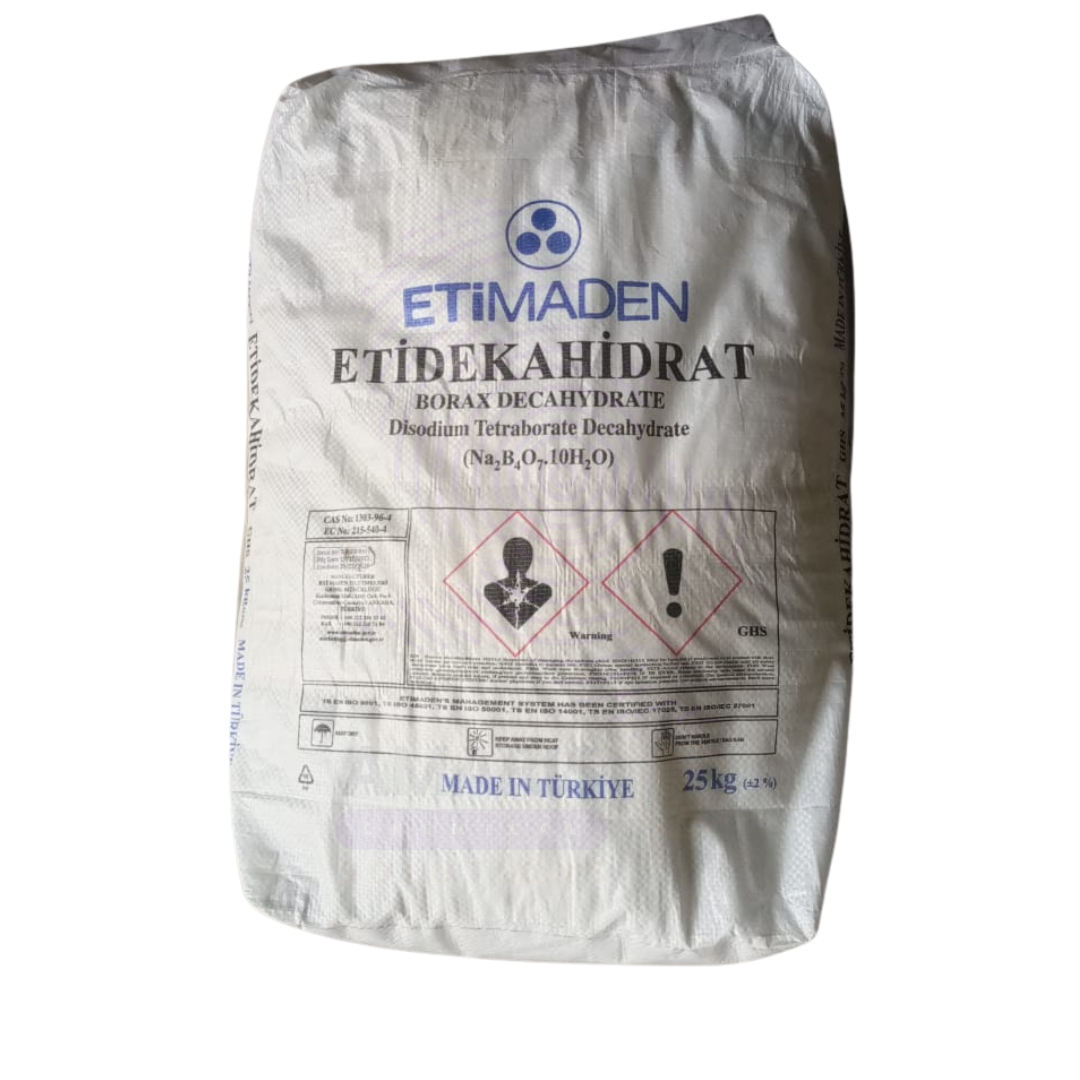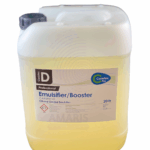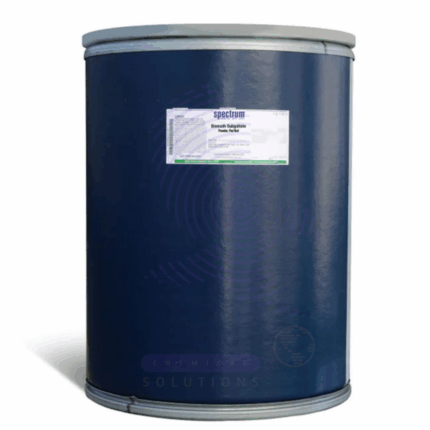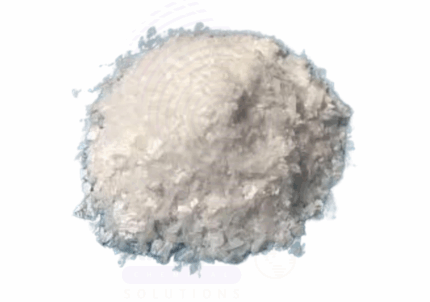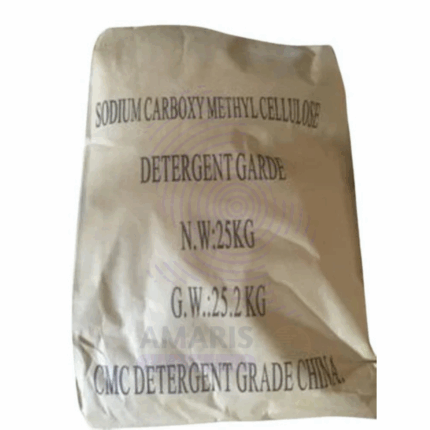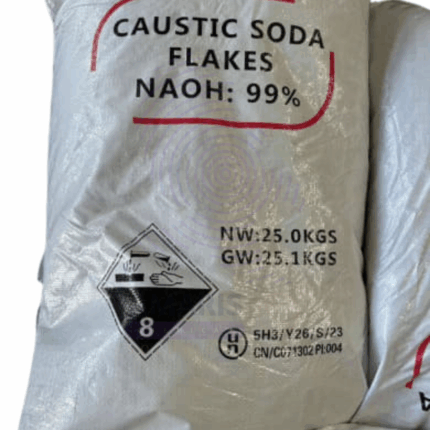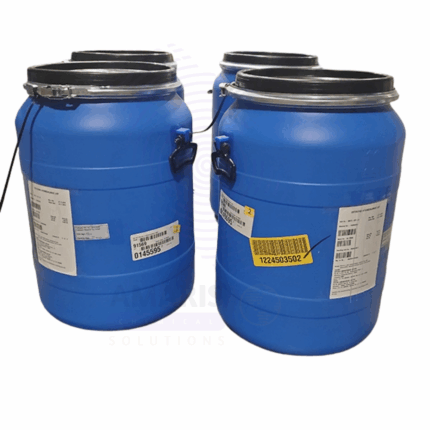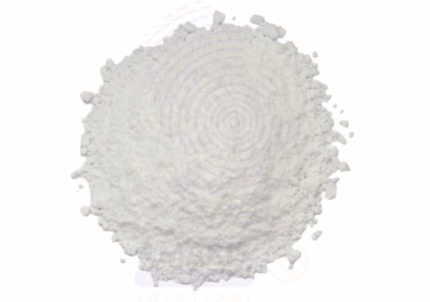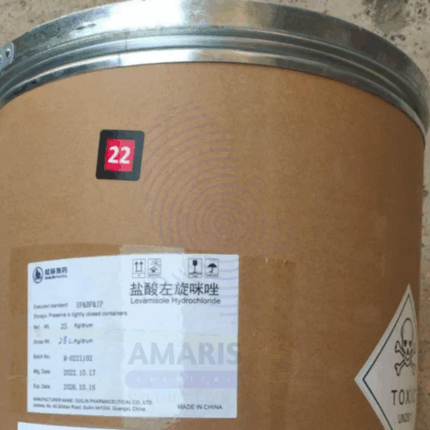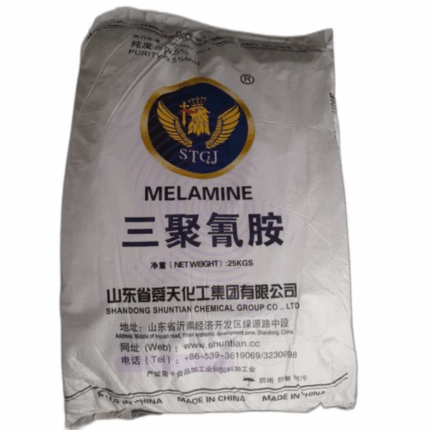
Borax Decahydrate
$ 2.25 Original price was: $ 2.25.$ 2.14Current price is: $ 2.14.
Borax Decahydrate, also known as sodium tetraborate decahydrate, is a naturally occurring mineral and an important inorganic compound. It appears as colorless or white crystalline granules or powder with a salty, alkaline taste. This compound is widely used in detergents, cosmetics, glass manufacturing, agriculture, and various industrial applications due to its excellent buffering, emulsifying, and antiseptic properties. The “decahydrate” indicates that each molecule of borax contains ten water molecules bound in its crystal structure, contributing to its crystalline appearance and physical properties.
Borax Decahydrate
Primary Uses
- Detergent and Cleaning Products
- Acts as a water softener and buffering agent in laundry detergents and household cleaners.
- Enhances cleaning efficiency by maintaining alkaline pH and aiding in stain removal.
- Glass and Ceramics Manufacturing
- Used as a flux to lower melting temperatures and improve glass and ceramic durability and clarity.
- Agriculture
- Applied as a micronutrient fertilizer to supply boron essential for plant growth and development.
- Cosmetics and Personal Care
- Used as an emulsifier and preservative in creams, lotions, and bath products.
- Provides mild antiseptic and buffering action.
- Industrial Applications
- Used in soldering fluxes, fire retardants, and as an anti-fungal agent in wood preservation.
Secondary Uses
- Water Treatment
- Utilized to adjust pH and alkalinity in water treatment processes.
- Laboratory and Analytical Uses
- Acts as a reagent or buffer in chemical analyses and experiments.
- Crafts and Household Uses
- Common ingredient in homemade slime and craft projects.
- Used as a mild abrasive cleaner.
1. Basic Identification Attributes
- Chemical Name (IUPAC): Sodium tetraborate decahydrate
- Common/Trade Name: Borax Decahydrate
- CAS Number: 1303-96-4
- HS Code: 2840.10.00
- Molecular Formula: Na2B4O7·10H2O
- Synonyms:
- Sodium borate decahydrate
- Disodium tetraborate decahydrate
- Borax 10H2O
- Sodium tetraborate decahydrate
2. Physical & Chemical Properties
- Physical State: Crystalline powder or granules
- Color & Odor: White or colorless; odorless
- Melting Point: Decomposes at ~75°C (loses water of crystallization)
- Boiling Point: Not applicable (decomposes)
- Density: Approximately 1.73 g/cm³
- Solubility: Soluble in water (about 5.4 g/100 mL at 20°C); insoluble in alcohol and ether
- pH: Alkaline (approx. 9.5 in 1% aqueous solution)
- Vapor Pressure: Negligible
- Stability: Stable under normal conditions; decomposes upon heating
3. Safety & Hazard Attributes
- Hazard Class (GHS): Classified as irritant (skin and eye)
- NFPA Ratings:
- Health: 2
- Flammability: 0
- Reactivity: 0
- Exposure Limits:
- OSHA PEL: Not established
- ACGIH TLV: 2 mg/m³ (inhalable dust)
- Toxicity: Low acute toxicity; ingestion in large amounts may cause irritation and nausea
- Reactivity: Stable; reacts with strong acids releasing boric acid
4. Storage & Handling Attributes
- Storage Conditions: Store in a cool, dry, well-ventilated area away from moisture and incompatible substances
- Container Type: Sealed plastic or paper bags, drums
- Shelf Life: Typically 2–3 years if stored properly
- Special Handling: Avoid dust generation; use PPE to prevent inhalation and eye contact
5. Regulatory & Compliance Attributes
- FDA Status: Generally recognized as safe (GRAS) for limited use in food contact applications
- Environmental Regulations: Complies with REACH and other international chemical regulations
- Transportation: Not classified as hazardous; follow standard handling procedures
- Waste Disposal: Dispose in accordance with local regulations; non-hazardous waste
6. Environmental & Health Impact
- Ecotoxicity: Low to moderate; excessive boron can be toxic to aquatic life
- Persistence: Inorganic and stable in environment
- Bioaccumulation: Not expected to bioaccumulate significantly
- Carcinogenicity/Mutagenicity: Not classified as carcinogenic or mutagenic
- Biodegradability: Not biodegradable (inorganic compound)
Safety Handling Precautions
Personal Protective Equipment (PPE):
- Gloves
- Safety goggles
- Dust mask or respirator (when handling powder)
- Protective clothing
Handling Measures:
- Avoid inhalation of dust and contact with skin or eyes
- Use local exhaust ventilation if dust is generated
- Handle in well-ventilated areas
Storage Measures:
- Keep container tightly closed
- Protect from moisture and contamination
Hygiene Practices:
- Wash hands thoroughly after handling
- Do not eat, drink, or smoke while handling
First Aid Measures
- Inhalation: Move to fresh air immediately; seek medical attention if symptoms persist
- Skin Contact: Wash affected area with soap and water; remove contaminated clothing
- Eye Contact: Rinse eyes with plenty of water for at least 15 minutes; seek medical advice if irritation persists
- Ingestion: Rinse mouth with water; do not induce vomiting; seek medical attention if large quantities ingested
Firefighting Measures
- Fire Hazards: Non-flammable
- Extinguishing Media: Use water spray, foam, dry chemical, or CO₂ as appropriate for surrounding fire
- Special Precautions: Firefighters should wear protective gear and self-contained breathing apparatus if necessary
- Decomposition Products: May release boron oxides and sodium oxides at high temperatures


 Preservatives(food)
Preservatives(food) Flavor Enhancers
Flavor Enhancers Acidulants
Acidulants Sweeteners
Sweeteners Antioxidants
Antioxidants Colorants(food)
Colorants(food) Nutraceutical Ingredients (food)
Nutraceutical Ingredients (food) Nutrient Supplements
Nutrient Supplements Emulsifiers
Emulsifiers
 Collectors
Collectors Dust Suppressants
Dust Suppressants Explosives and Blasting Agents
Explosives and Blasting Agents Flocculants and Coagulants
Flocculants and Coagulants Frothers
Frothers Leaching Agents
Leaching Agents pH Modifiers
pH Modifiers Precious Metal Extraction Agents
Precious Metal Extraction Agents
 Antioxidants(plastic)
Antioxidants(plastic) Colorants (Pigments, Dyes)
Colorants (Pigments, Dyes) Fillers and Reinforcements
Fillers and Reinforcements Flame Retardants
Flame Retardants Monomers
Monomers Plasticizers
Plasticizers Polymerization Initiators
Polymerization Initiators Stabilizers (UV, Heat)
Stabilizers (UV, Heat)
 Antifoaming Agents
Antifoaming Agents Chelating Agents
Chelating Agents Coagulants and Flocculants
Coagulants and Flocculants Corrosion Inhibitors
Corrosion Inhibitors Disinfectants and Biocides
Disinfectants and Biocides Oxidizing Agents
Oxidizing Agents pH Adjusters
pH Adjusters Scale Inhibitors( water)
Scale Inhibitors( water)
 Antioxidants(cosmetic)
Antioxidants(cosmetic) Emollients
Emollients Fragrances and Essential Oils
Fragrances and Essential Oils Humectants
Humectants Preservatives
Preservatives Surfactants(cosmetic)
Surfactants(cosmetic) Thickeners
Thickeners UV Filters
UV Filters
 Fertilizers
Fertilizers Soil Conditioners
Soil Conditioners Plant Growth Regulators
Plant Growth Regulators Animal Feed Additives
Animal Feed Additives Biostimulants
Biostimulants Pesticides (Herbicides, Insecticides, Fungicides)
Pesticides (Herbicides, Insecticides, Fungicides)
 Active Pharmaceutical Ingredients (APIs)
Active Pharmaceutical Ingredients (APIs) Excipients
Excipients Solvents(pharmaceutical)
Solvents(pharmaceutical) Antibiotics
Antibiotics Antiseptics and Disinfectants
Antiseptics and Disinfectants Vaccine Adjuvants
Vaccine Adjuvants Nutraceutical Ingredients (pharmaceutical)
Nutraceutical Ingredients (pharmaceutical) Analgesics & Antipyretics
Analgesics & Antipyretics
 Analytical Reagents
Analytical Reagents Solvents(lab)
Solvents(lab) Chromatography Chemicals
Chromatography Chemicals Spectroscopy Reagents
Spectroscopy Reagents microbiology-and-cell-culture-reagents
microbiology-and-cell-culture-reagents Molecular Biology Reagents
Molecular Biology Reagents Biochemical Reagents
Biochemical Reagents Inorganic and Organic Standards
Inorganic and Organic Standards Laboratory Safety Chemicals
Laboratory Safety Chemicals Specialty Laboratory Chemicals(Special Laboratory Equipment)
Specialty Laboratory Chemicals(Special Laboratory Equipment)
 Demulsifiers
Demulsifiers Hydraulic Fracturing Fluids
Hydraulic Fracturing Fluids Scale Inhibitors(oil)
Scale Inhibitors(oil) Surfactants(oil)
Surfactants(oil) Drilling Fluids
Drilling Fluids
 Dyes and Pigments
Dyes and Pigments Bleaching Agents
Bleaching Agents Softening Agents
Softening Agents Finishing Agents
Finishing Agents Antistatic Agents
Antistatic Agents
 Admixtures
Admixtures Waterproofing Agents
Waterproofing Agents Sealants and Adhesives
Sealants and Adhesives Curing Compounds
Curing Compounds Concrete Repair Chemicals
Concrete Repair Chemicals Anti-Corrosion Coatings
Anti-Corrosion Coatings
 Surfactants(cleaning)
Surfactants(cleaning) Builders
Builders Enzymes
Enzymes Solvents (Cleaning)
Solvents (Cleaning) Fragrances
Fragrances
 Electronic Chemicals
Electronic Chemicals Catalysts
Catalysts Lubricants
Lubricants Photographic Chemicals
Photographic Chemicals Refrigerants
Refrigerants Automotive chemicals
Automotive chemicals Pyrotechnic Chemicals
Pyrotechnic Chemicals
 Biodegradable Surfactants
Biodegradable Surfactants Bio-based Solvents
Bio-based Solvents Renewable Polymers
Renewable Polymers Carbon Capture Chemicals
Carbon Capture Chemicals Wastewater Treatment Chemicals
Wastewater Treatment Chemicals
 Pigments
Pigments Solvents(paint)
Solvents(paint) Specialty Coatings
Specialty Coatings Binders/Resins
Binders/Resins Additives
Additives Driers
Driers Anti-Corrosion Agents
Anti-Corrosion Agents Functional Coatings
Functional Coatings Application-Specific Coatings
Application-Specific Coatings
 Leavening Agents
Leavening Agents Dough Conditioners
Dough Conditioners Flour Treatments
Flour Treatments Fat Replacers
Fat Replacers Decoratives
Decoratives Preservatives(baking)
Preservatives(baking)
 Plasticizers & Softeners
Plasticizers & Softeners Reinforcing Agents
Reinforcing Agents Adhesion Promoters
Adhesion Promoters Vulcanizing Agents
Vulcanizing Agents Antidegradants
Antidegradants Blowing Agents
Blowing Agents Fillers & Extenders
Fillers & Extenders Accelerators & Retarders
Accelerators & Retarders